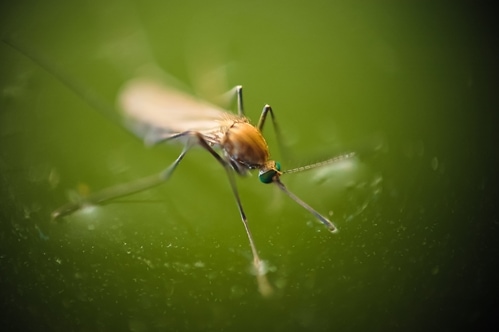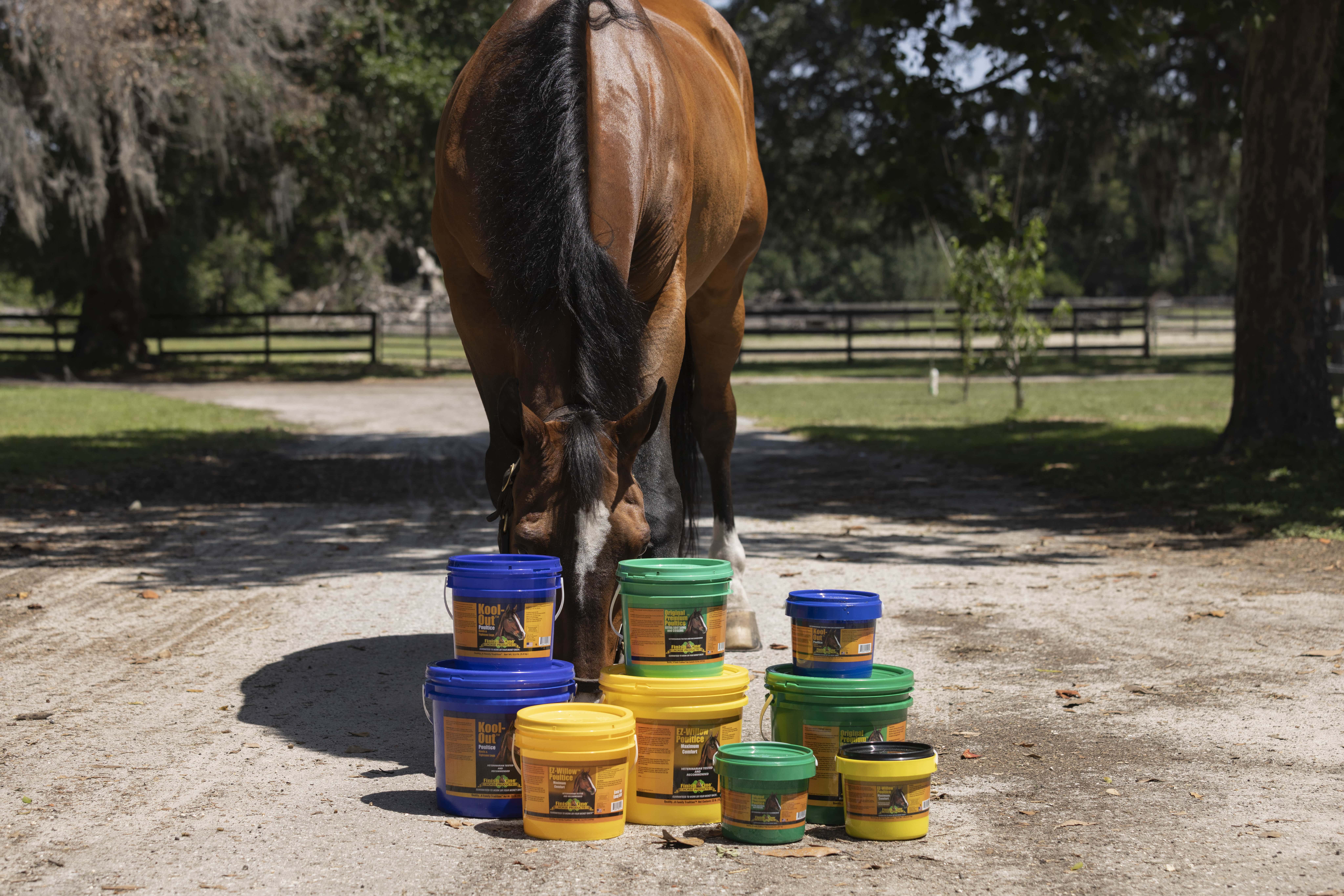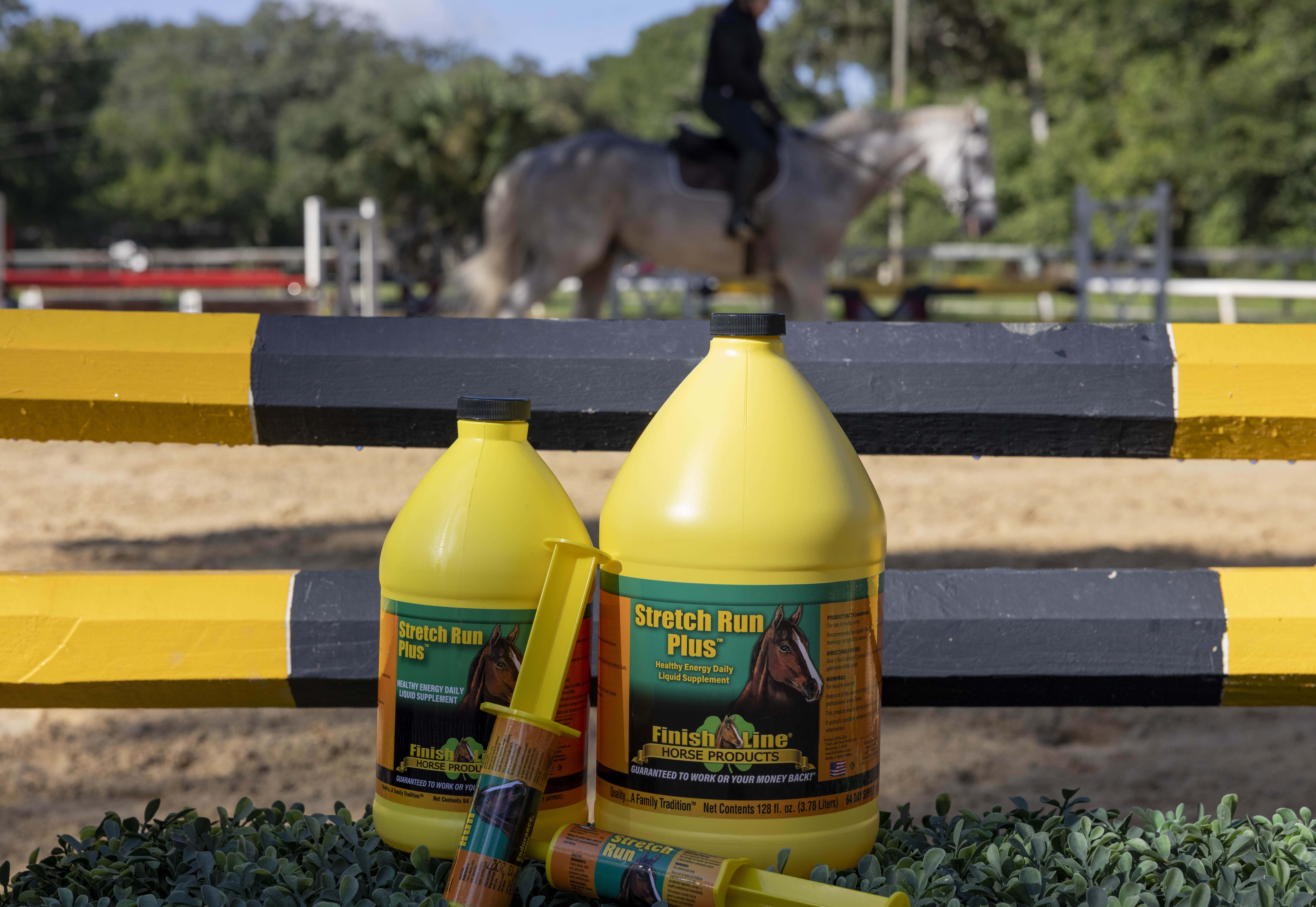A horse in Michigan was diagnosed with West Nile virus in late August, 2014.
The state Agriculture and Community Health departments said that the 8-year-old horse from Grand Traverse County tested positive for the mosquito-borne illness. Officials said turkeys in a small flock in a nearby county were infected with the disease. The horse was euthanized after it didn’t respond to treatment.
It’s crucial that horse owners stay diligent about the vaccination for West Nile virus, as the problem can spell disaster for equine health. Before the horse gets the shot, make sure to check the reputation of the vaccine the veterinarian plans to use. Additionally, it’s important to point out that vaccines do carry risk; if you note an adverse effect, notify your vet immediately and file a vaccine adverse event report.
About West Nile virus
Mosquitos may pick up the virus when they bite wild birds that are infected with West Nile Virus. Those mosquitos may then transmit the virus to horses or people when they bite.
West Nile Virus does not always lead to illness. However, horses appear to be a species that is susceptible to infection from the virus. In horses that become clinically ill, the virus affects the central nervous system and may cause symptoms of encephalitis, which is the swelling of the brain.
Signs of West Nile virus
Symptoms of West Nile virus include:
- Stumbling
- Tremors
- Facial paralysis
- Impaired vision
- Seizures
- Loss of appetite
- Fever
- Weakness of hind limbs
- Aimless wandering
- Convulsions (seizures)
- Inability to swallow
- Hyper-excitability
- Coma
It’s important to point out that not all horses with clinical signs of encephalitis have West Nile encephalitis.
How to protect your horse from West Nile virus
If suitable, horse owners can provide a WNV vaccination to help ward off the disease. Treatment of affected horses act only as antibiotics and are not effective against viral infections.
Still, vaccinations are not a guarantee that horses will be protected. The best method of prevention of infection for animals and people is to reduce the risk of exposure to the mosquitoes that may carry the virus. Eliminate mosquito breeding sites such as stagnant water sources. Here are some other good ideas to eradicate mosquito breeding sites around your barn or pasture areas:
- Keep water troughs clean.
- Dispose of tin cans, buckets, ceramic pots or other unwanted water-holding containers on your property.
- Drill small holes in the bottom of recycling containers left outdoors. Containers without holes may collect enough water to serve as mosquito breeding sites.
- Clean clogged roof gutters each year.
- Empty and turn over wheelbarrows.
Beyond caring for your horse, make sure you take care of yourself too. The good news is that most people infected with West Nile virus do not have symptoms. Still, be sure to use bug repellant when applicable.








